Precision of terms in the field hospital
During my tenure as a journalist in Rome, I had the opportunity to cover the 2014 and 2015 Synods on the Family, and one of the topics of discussion was the Catholic Church’s language surrounding certain pastoral matters, particularly homosexuality. It wasn’t a question of Latin vs. modern languages that we were concerned with. Rather, it was the magisterium’s mode of expression (best translated by the Italian word “linguaggio”) when addressing this topic: specifically, the terms “objectively” and “intrinsically disordered” used to describe same-sex attractions (SSA) and same-sex intimate acts, respectively.
In today’s cultural climate, where it is becoming increasingly easy to (even inadvertently) close someone off to constructive dialogue with the wrong word, these terms present a significant pastoral and communications challenge. Critics of the Church’s language on this issue have long decried this terminology, which they say implies that homosexuality is a disorder, and that it singles out SSA persons in a way that suggests that men and women with this experience are particularly grievous sinners due to an attraction which they never chose. However, as executive director of Courage International, Father Philip Bochanski told Crux in 2017, this is simply not the case.
“It’s important to understand first of all that this term is not referring to a mental “disorder,” nor is it meant to imply that the whole person is somehow ‘disordered'”, he told Crux. “Moreover, the Church uses this term frequently in the Catechism to refer to things other than sexuality: for example, it calls sins like lying and calumny ‘intrinsically disordered’ because they are always wrong, regardless of the circumstances.”
In other words, being inclined towards actions which go against God’s plan for us is not unique to persons who live with SSA; it is a universal experience of the human condition, brought about by original sin. Wrongful desires of any kind are disordered insofar as they compel us to act in a way that contradicts our human nature; nonetheless, the intrinsic dignity of each person remains intact (SSA or not), as does the promise of Redemption for those who respond to the call to seek forgiveness.
However, that the Church’s teaching (accurately understood) does not single out SSA persons doesn’t change the fact that many young people have been conditioned from childhood to experience an almost uncontrollably adverse reaction to certain “trigger” words in relation to homosexuality, “disordered” being one of them. For this reason, even those who agree with these terms’ underlying anthropology might question whether the Church should soften the language in order to make the teaching more accessible.
Has the time come for the Church to modify her language on the subject of homosexuality, taking into account the cultural context of our day? What would be the harm if it did?
The field hospital
Throughout his pontificate, Pope Francis has referred to the Church as a “field hospital”; it is “a place of healing, mercy, and forgiveness,” he said during a 2017 General Audience, as well as “the source of hope for all the suffering, the desperate, the poor, the sinners, and the discarded.” This evocative description gives context to the importance of the Church’s terminology, and why sacrificing precision over accessibility would be imprudent at best.
Consider a medical student who is studying to be a doctor. The textbooks she will use over the course of her training will provide descriptions of the human body, as well as countless health conditions, in detailed, accurate, and at times uncomfortably graphic terms. This training will allow her to treat her patients equally, regardless of their respective cultural backgrounds. When this student eventually becomes a doctor, her comprehensive formation will prove invaluable in her ability to treat her patients.
Now imagine if the language in these medical textbooks had been watered down to make it easier for patients to understand and accept their condition, without being frightened by the gory details. Medicine is about caring for the patient, after all, so shouldn’t textbooks use terms that are accessible to a wider audience, and to persons who otherwise would be turned off by the subject matter?
It takes very little common sense to recognize that a doctor trained with such a textbook would be of minimal use to her patients. Fear of what is uncomfortable or alarming does not save lives in the medical profession.
Yes, there is a time and place for a bedside manner, wherein it is advisable for the doctor to use gentle, easily understood language when explaining a patient’s condition. Similarly (as I’ve said previously), there is some room for “editorial discretion” when speaking about homosexuality. Yet, even in this context, there comes a time when the truth must be told, though it may cause distress to the patient. “You have cancer.” “You have six months to live.” “If you don’t change your eating habits, you will develop diabetes.” “If you continue drinking or smoking as you have been, you will die.”
Very few people would contest the argument that, in matters of health, life, and death, it is a medical professional’s duty to tell the truth with clarity, even if it is difficult to hear (and even if the patient refuses to accept it).
Likewise, so it is with pastoral care. As in medicine, the Church’s language must be precise if we’re to guide souls towards healing.
“[T]he Church uses the term [disordered],” Father Bochanski told Crux, “because it says what we need to say: that homosexual intimate acts are wrong because they are lacking essential elements that are part of the ‘order’ of creation, the plan by which God creates the world, human beings and their bodies. We say ‘no’ to things that are ‘disordered; so that we can say ‘yes’ to the moral ‘order,’ to the path that God has marked out for our happiness and fulfillment.”
This being the case, how then do we reach persons who find the Church’s official language on this topic difficult to accept?
It has been argued that the current language of the Church with regard to SSA fails to meet people where they are at. On the contrary: its clarity and precision are essential for reaching persons who come from diverse backgrounds and states of life.
This is because in places where the teaching is not well understood, the duty lies with the local bishops and priests – not the magisterium – to translate these teachings in terms that can be more easily grasped by their respective communities, without changing the message or misleading persons in their care. It is their responsibility to present the teaching in ways that are creative, compassionate, and respectful, while simultaneously rooted in the truth and the wellbeing of souls.
Ann Schneible is the communications director for Courage International. Before taking the position in 2017, she worked as a Rome correspondent for ZENIT and Catholic News Agency/EWTN, a collaborator with Vatican Radio, and a translator for L’Osservatore Romano. She has an STL in Institutional Church Communications from the Pontifical University of the Holy Cross in Rome.


